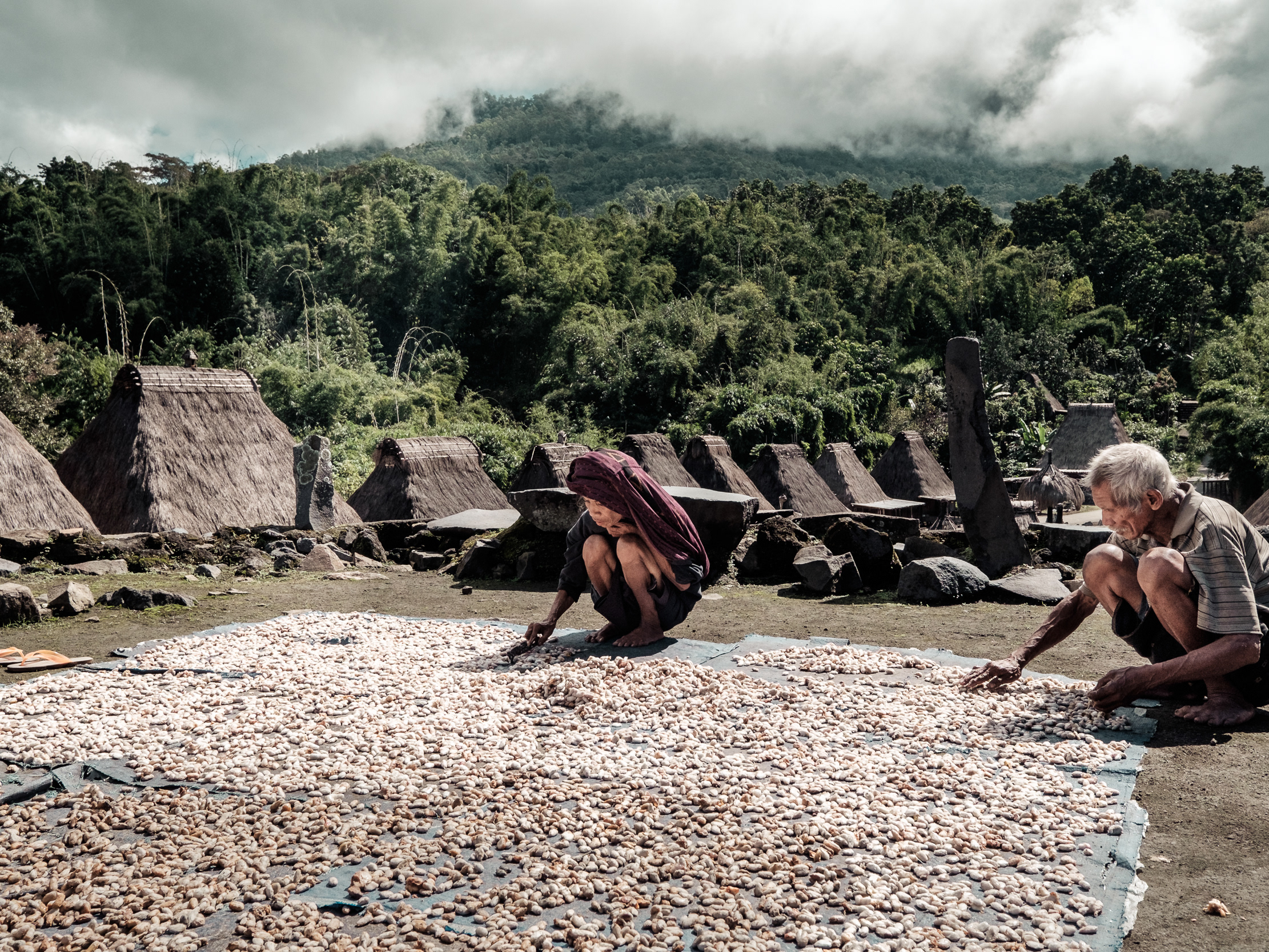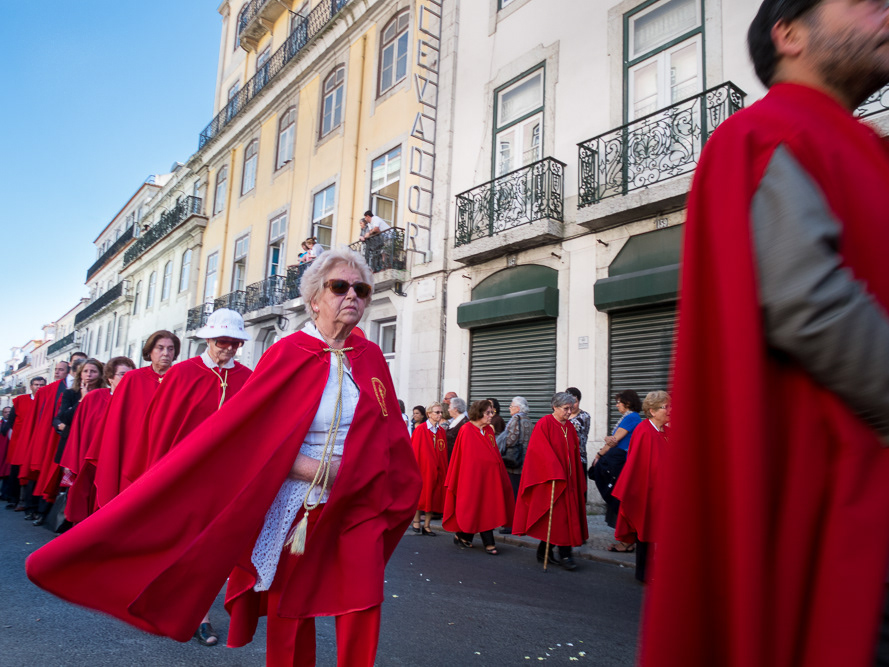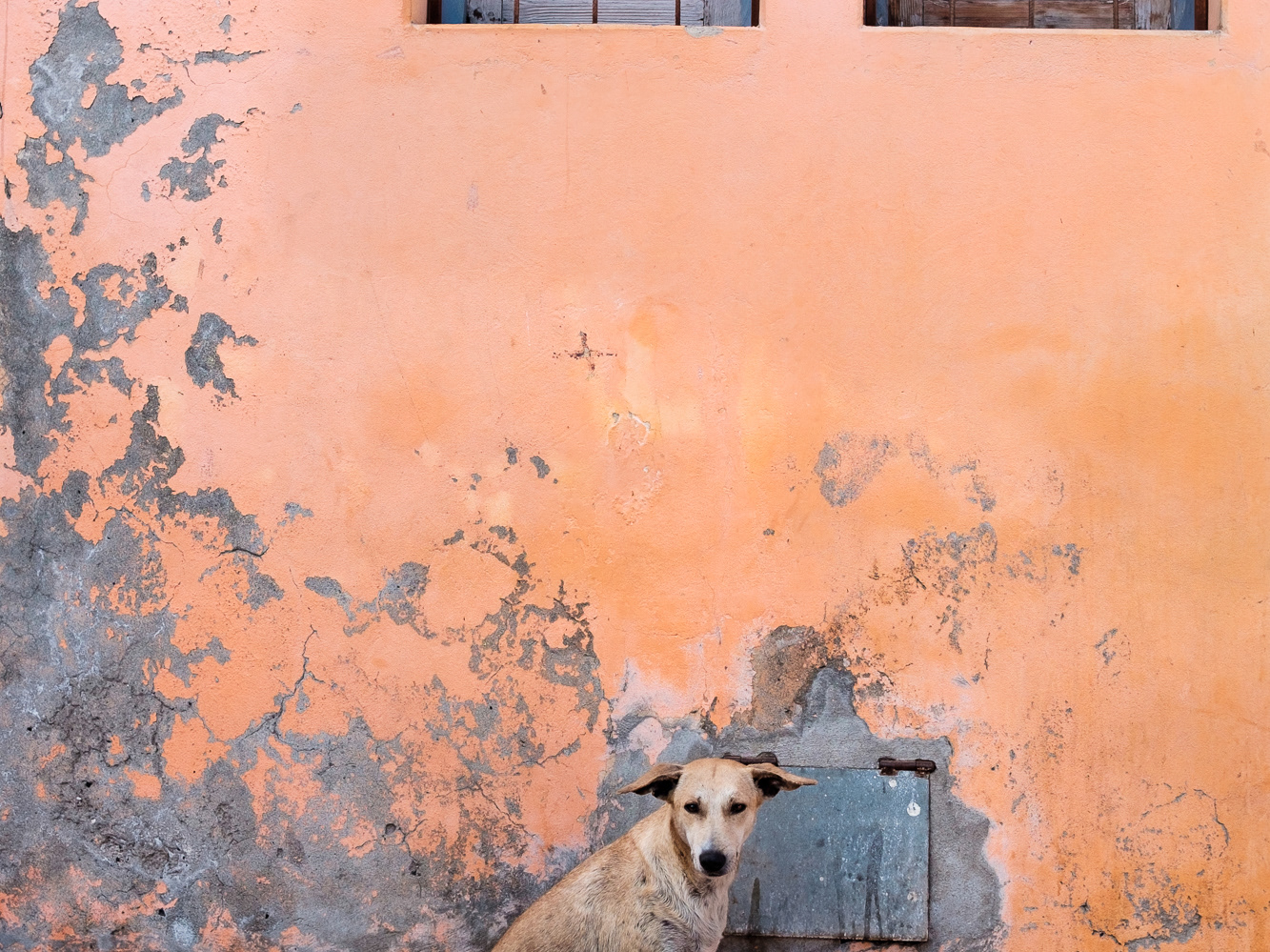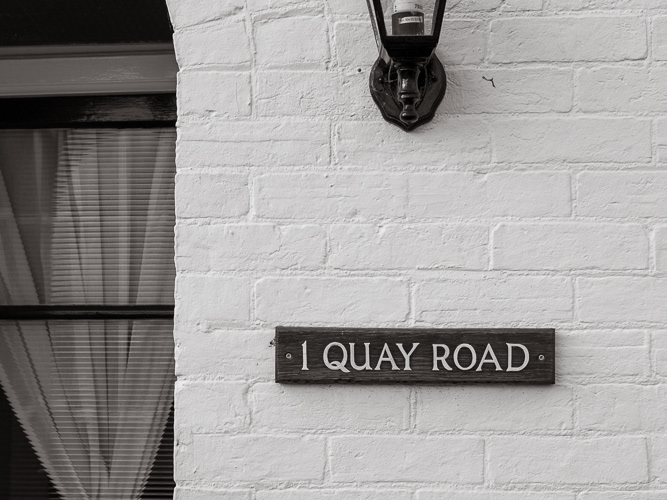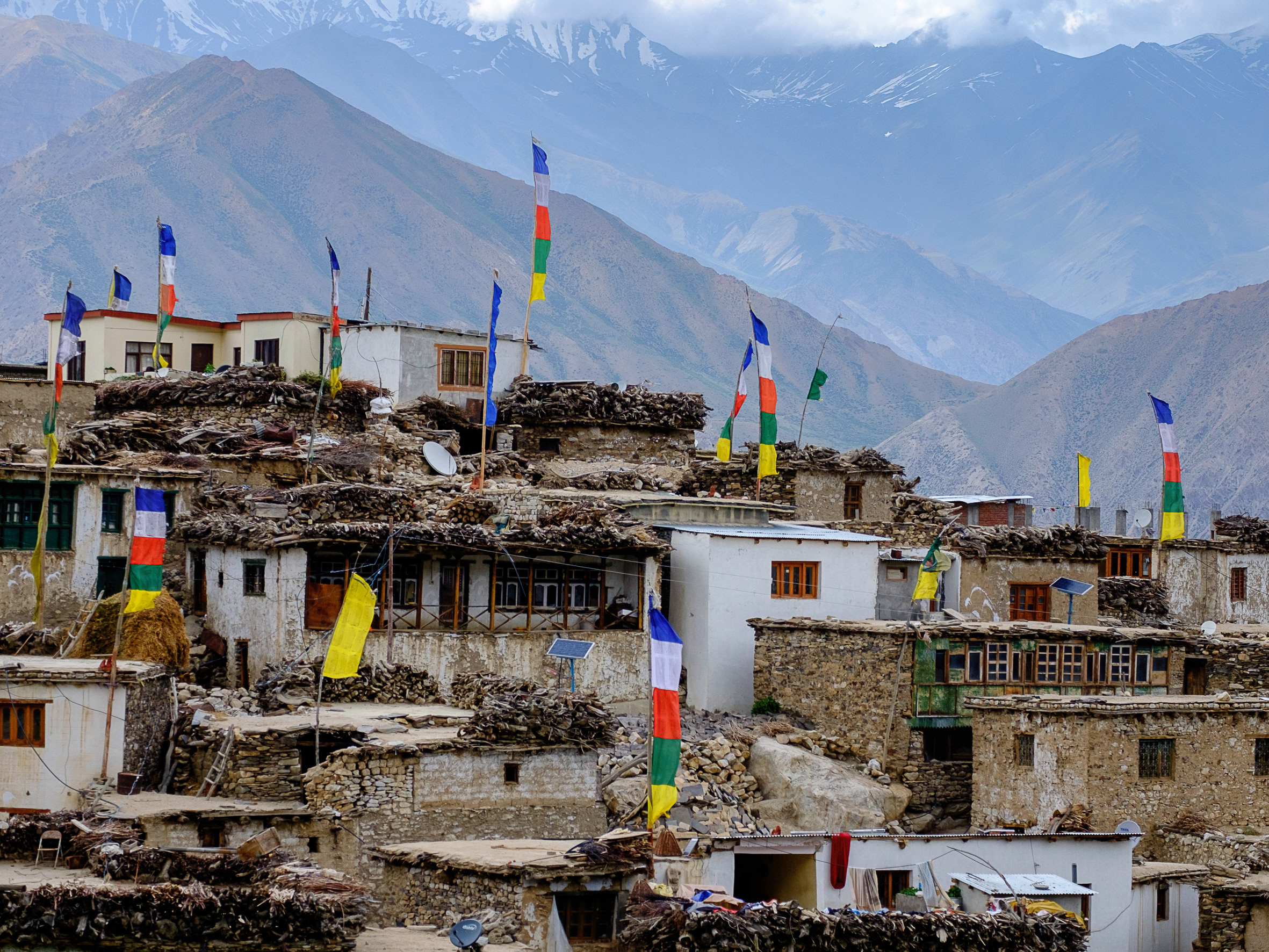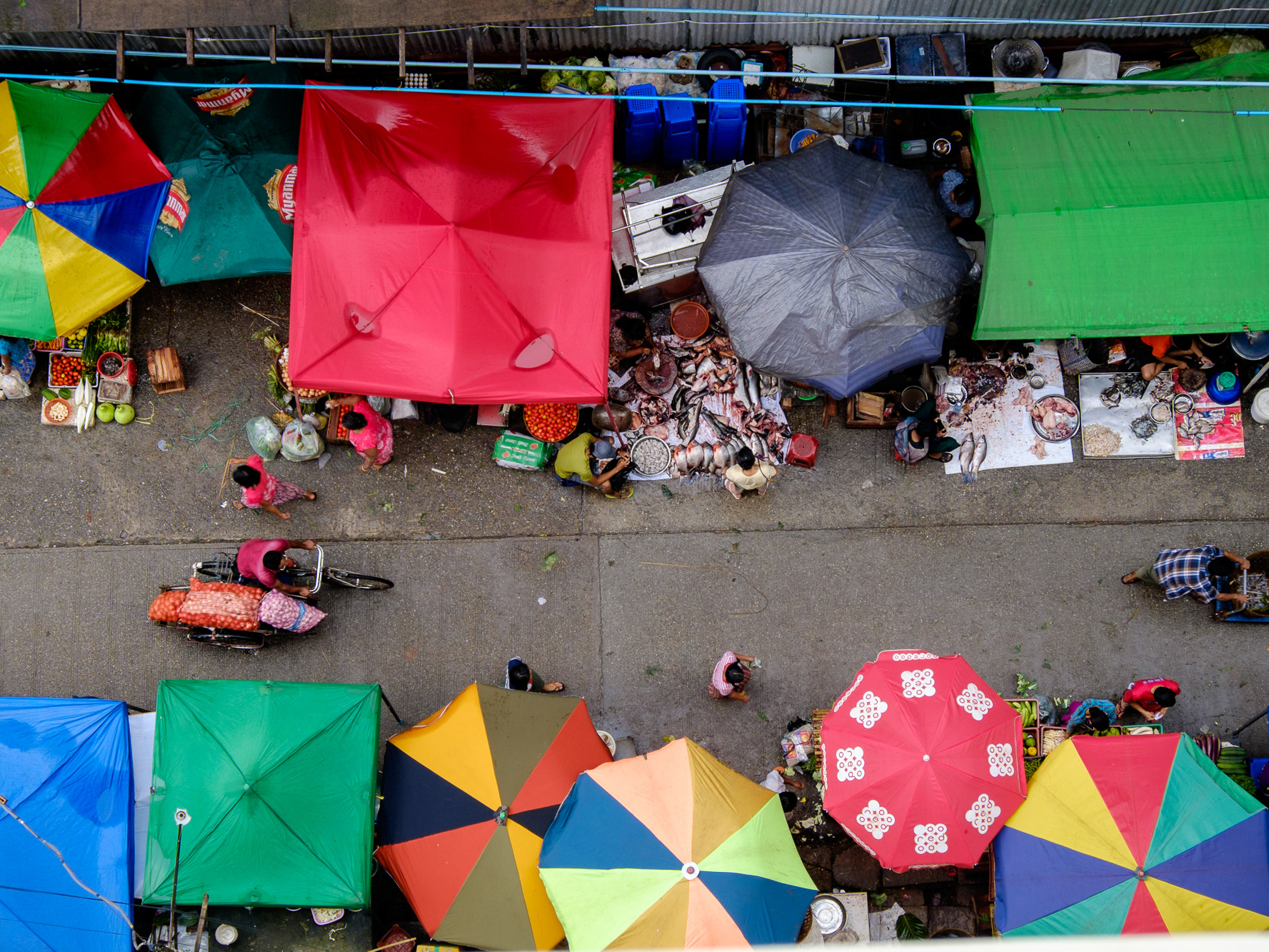- Henriqueta Baptista -
Fado, which origins go back until the 1820’s, but is probably much older, had a difficult time after the Carnation revolution in 1974. It is the genre had become recuperated by the dictatorship – it was one of the 3 F´s Salazar had used to keep his people down: Fatima (which represents catholic faith referring to the famous pilgrimage village Fatima), Football (still omnipresent in Portugal) and Fado. Salazar cleaned up the genre - all songs true to its sailor and prostitution roots about cocaine, booze and sex - went out; songs about nostalgic and resigned longing for (past) happiness and about poor but satisfied people were encouraged, as well as songs hailing the pure and simple soul of the Portuguese. Amália Rodrigues, the most famous Fado singer ever who has put Fado on the world map, also got contaminated by the downfall of Fado after the revolution. She was snubbed because she had never spoken out against the regime. After a few years of tar and feathers though she was forgiven by most Portuguese, and today it´s difficult to find someone who´s not proud of her achievements.
For some years, Fado is really back. Stars like Mariza conquer the world – even though many fadistas back home aren´t great admirers of her fusion style - and fado houses for tourists are packed. Yet another kind of Fado keeps on blossoming far from the spotlights, one that actually might be much closer to the origins of the genre. It´s called ‘Fado Vadio’, or popular fado, and even though performed with as much saudade, it doesn´t necessarily seek the spotlights nor applause from enchanted tourists. This kind of Fado is sung and lived in an almost closed circle of lifelong Fado lovers and singers, in a kind of musical séances, where more or less gifted singers consecutively perform their most beloved songs, assisted by 2 professional musicians (one playing the Portuguese guitar, and one a normal guitar). The audience knows all the songs by heart and often enjoys the spectacle eyes closed, musing, sometimes enthusiastically singing along or urging the singer. This kind of Fado is not about stars sharing their most individual expression of their most individual emotion, but rather about a group event where singers, musicians and audience together experience unique vocal moments, where they ponder and celebrate life alike. As a viewer you never feel as an outsider but rather as a participant since everybody enjoys it in his or her own way (even if you're just humming gently), and the boundaries between stage and audience blurs. It feels like a collective ritual. Soft, warm, friendly, melancholic and healing. Typical Portuguese.
- Carla Arruda -
An excellent place to enjoy the Fado Vadio is Palácio dos Távora, where on certain Sundays afternoons, Fado lovers connected to the Grupo Desportivo da Mouraria meet, all in their Sunday best. Some singers get a lot of applause and encouragement - like Carla Arruda , a young mother with a beautiful voice, and Carlos Sobral who gets even more acclaim ("Ah riquesa!" , "Lindo!", or very funny: "Que linda boca para comer pastel de nata!"). One of the stars this afternoon is Vítor Miranda, fadista since he was 6 years old, and trained by “o rei do fado” Fernando Maurício, born and raised here in Mouraria. This neighborhood is known to be the birthplace of Fado, where among others Maria Severa Onofriana was active, a prostitute with a fabulous voice who catapulted Fado into aristocratic circles thanks to her liaison with a royal nobleman. Because of her early death at age 26, fadistas still wear a black mourning scarf on stage. It may be clear that the singers and musicians performing here today are part of a very long Fado tradition, and the club is known as ‘A Catedral’ where all fadistas with some significance have started their careers. Vítor says: “Now that Fado has become ‘Unesco World Heritage’ some claim the genre as an elitist cultural product. But in fact the origins of Fado are very popular, and the elite only started to appreciate the genre much later. This elite is now trying to snaffle the Fado. But look around: it´s only here the genre is really alive." Vítor also stresses that the Fado from Lisbon is quite different from the one made in other parts of Portugal. "The Lisbon Fado is urban and typical from the capital, and more specifically connected with its cradle, here in Mouraria. There is of course also Fado from Coimbra, but that's very different because coming from a small town and from a rural setting. Our songs describe the daily life of the city dweller from Lisboa." Apart from this repertoire, most fadistas also sing the lyrics of the great Portuguese (folk) poets.
- Vítor Miranda -
- Américo de Sousa -
- Vera Monteiro -
- Celeste Maria -
- Emanuel Soares -
For our diary: the fadistas of Grupo Desportivo da Mouraria will celebrate their 77th anniversary in great style on May 19th from14:30 on in the Salão Nobre da Voz do Operário (Rua da Voz do Operário nr 13, Graça), accompanied by no less than 10 guitarists. And whoever wants to learn to sing the Fado, is welcome during Fado classes every Monday and Tuesday. And on every 2nd Saturday there are Fado gatherings with all the students from 21:30 on. Place to be for this is Palácio dos Távora, Mouraria (Travessa da Nazaré).
On this post Veerle Devos (aka Vos) is taking part with a text that I couldn't have written in a thousand years. Check out other stories in lisboneye.eu/.
March 10, 2014
